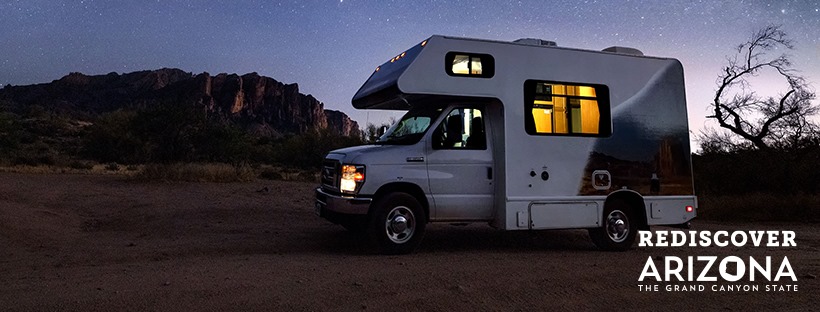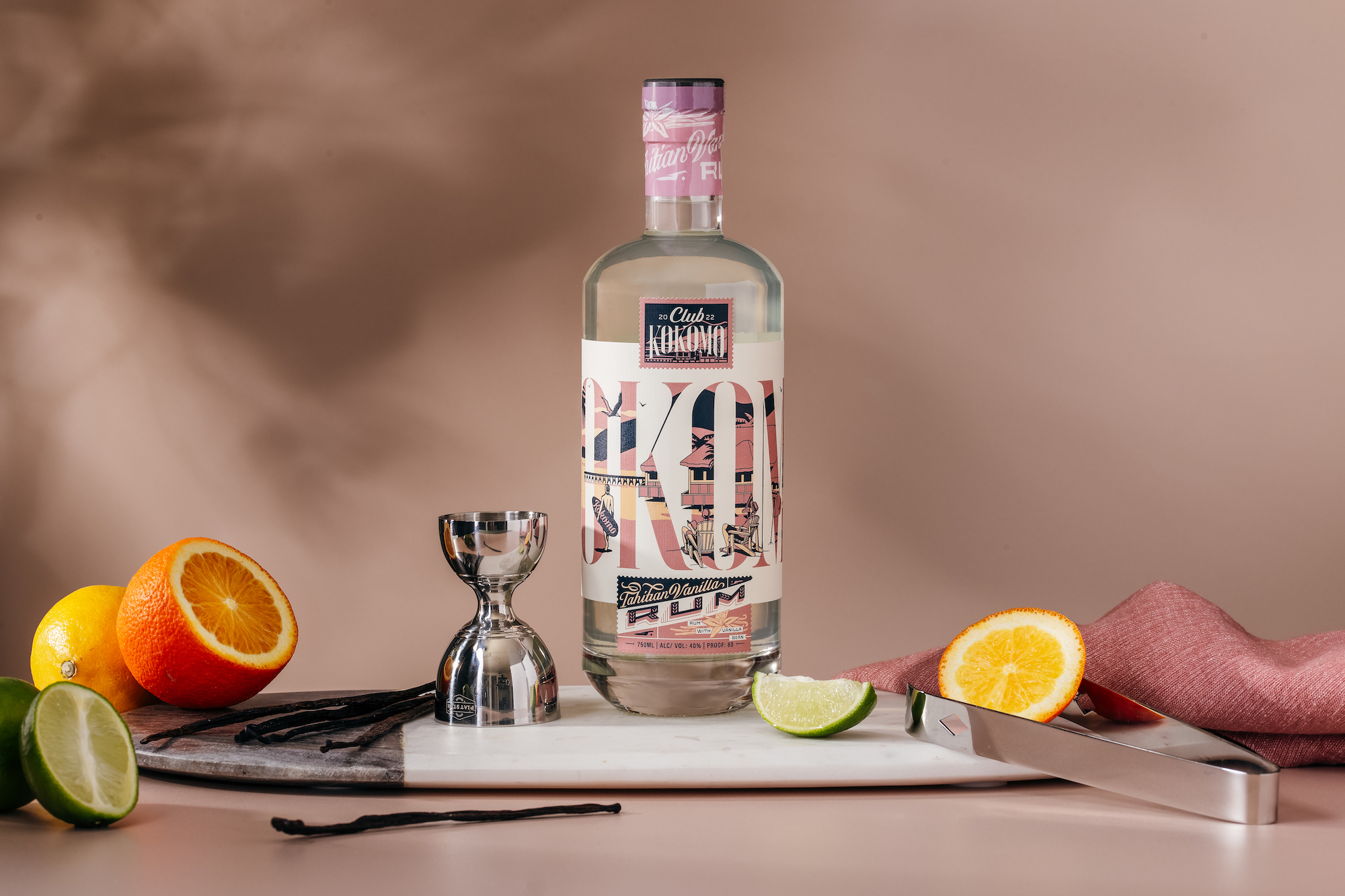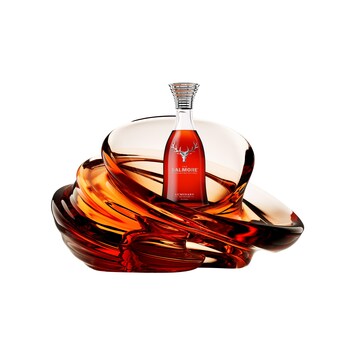When you think about your favorite wine regions, Arizona might not be the first state to come to mind! However, Arizona boasts a thriving wine industry dating back to the Spanish missionaries of the 16th century and features three prominent wine regions: Sonoita, Willcox, and Verde Valley. Not only have these regions produced award-winning wines receiving international acclaim, but some of their wines have also even been served in the White House. ● Sonoita, Willcox, and the Verde Valley have soil and climate conditions similar to those in parts of the South of France, Spain, and Southeastern Australia. Oenophiles can delight their senses with grape varieties native to Spain, Italy and the Rhone River Valley in France.
● Sonoita, Willcox, and the Verde Valley have soil and climate conditions similar to those in parts of the South of France, Spain, and Southeastern Australia. Oenophiles can delight their senses with grape varieties native to Spain, Italy and the Rhone River Valley in France.
● Arizona is often associated with arid temperatures and cactus-spotted deserts; however, weather conditions are temperate, and the high elevations lend to near-perfect conditions for growing grapes. In the Willcox Region, vineyards are located high above the desert terrain and heat, surrounded by area mountain ranges.
buy tadalafil online https://gilbertroaddental.com/wp-content/themes/twentysixteen/inc/new/tadalafil.html no prescription
Here, 74% of Arizona’s wine grapes are harvested. In the Verde Valley Region, the ideal combination of elevation, volcanic soil, and diurnal swings (hot days and cooler nights) lend to more flavorful, full-bodied wines. The Sonoita region is Arizona’s first American Viticultural Area (AVA). This region boasts many similarities to the Italian “Super Tuscan” region, with unique climate and soil characteristics, and its distinctive ability to retain natural water.
● Wine grapes are considered a low-impact, specialty crop, which is defined as low acreage and high-density agriculture. Here, grapes are drought-tolerant and are predominantly grown using drip irrigation. For comparison, an acre of mature vines can use around 1.5 acre-feet of water per acre each year. Corn and alfalfa both use more than 4 acre-feet of water per acre each year, even up to as much as 6 acre-feet per year. As a result, wine grape crops offer an “added value” with economic benefits and sustainability techniques which save water and nutrients, thus minimizing the impact on natural resources.
Some areas also use managing techniques such as mowing native grasses, which can help control weeds and tree/brush.
buy lexapro online https://gilbertroaddental.com/wp-content/themes/twentysixteen/inc/new/lexapro.html no prescription
● Arizona’s native grapevine, Vitis arizonica, can be spotted growing in and around many wineries in Arizona. Vitis arizonica is one of approximately 60 grape species that are being studied extensively to improve wine grapes. Recent research has shown Arizona grapes are more resistant to Pierce’s disease than cultivated forms. UC Davis California, for instance, has created new grape varieties bred by Vitis arizonica that carry a single dominant gene for resistance to Pierce’s disease, (a disease caused by a bacterium spread by a group of insects called sharpshooters). Scientists hope that hybrids between Arizona and wine grapes will reduce the incidence of the disease.
● With road-tripping on the rise, Harvest Hosts offers an impressive and timely network of wineries, breweries, distilleries, farms, and attractions that invite RVers to stay in stunning campsites! Harvest Hosts offer a different way for RVers to meet other travelers, stay overnight in gorgeous settings, and create long-lasting memories. For a small annual membership price, members can stay overnight at any Harvest Hosts site, all of which are pet and family friendly. Please note that members are kindly invited to support their hosts by purchasing one of their local products with each stay.
In addition, local wineries have been holding virtual tastings and have recently released new varietals, more award-winning wine, including the 2018 Viognier from the SouthWest Wine Center (SWC) at Yavapai College. The SWC was established to fulfill the education and workforce development needs of a thriving Arizona wine industry and offers the only program of its kind. The academic program provides hands-on Viticulture experience in the vineyard and cellar, an experience that cannot be duplicated solely in a classroom setting!









